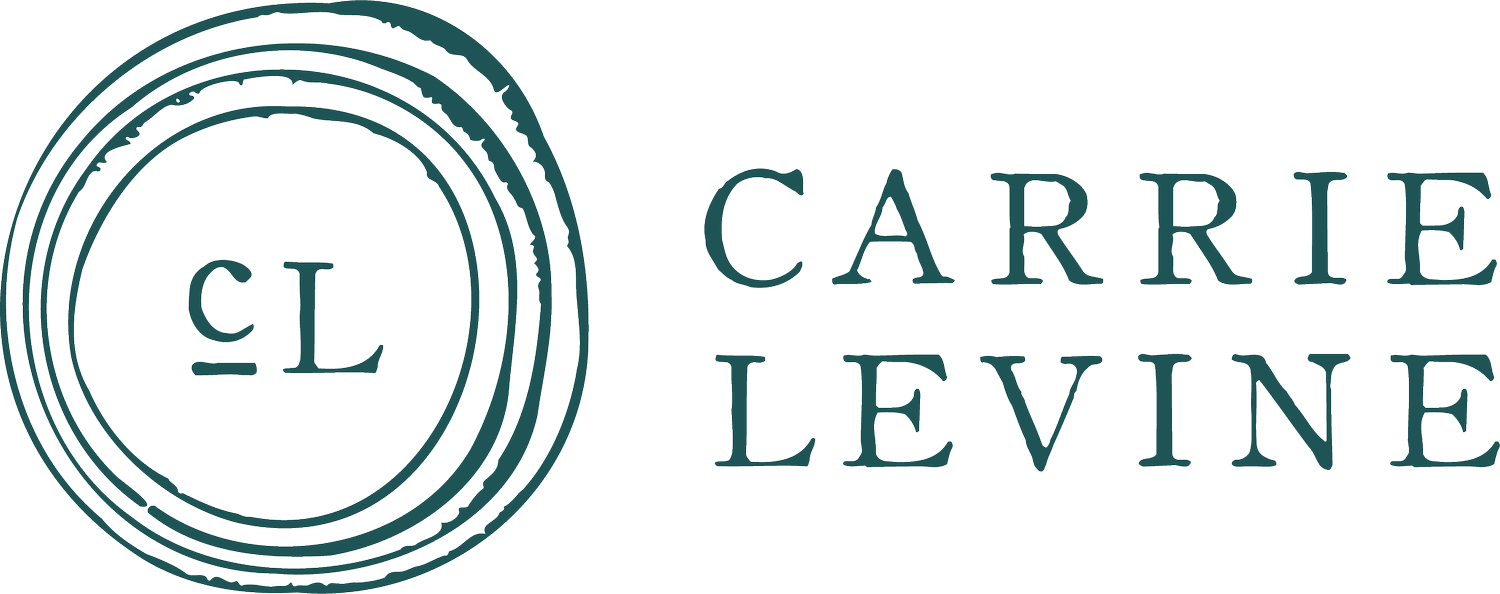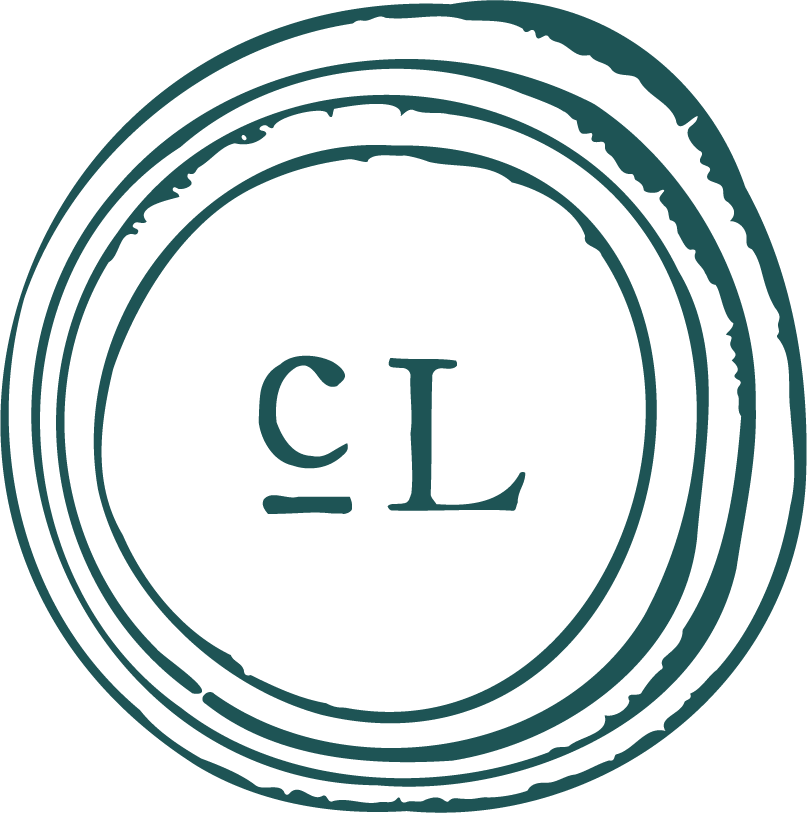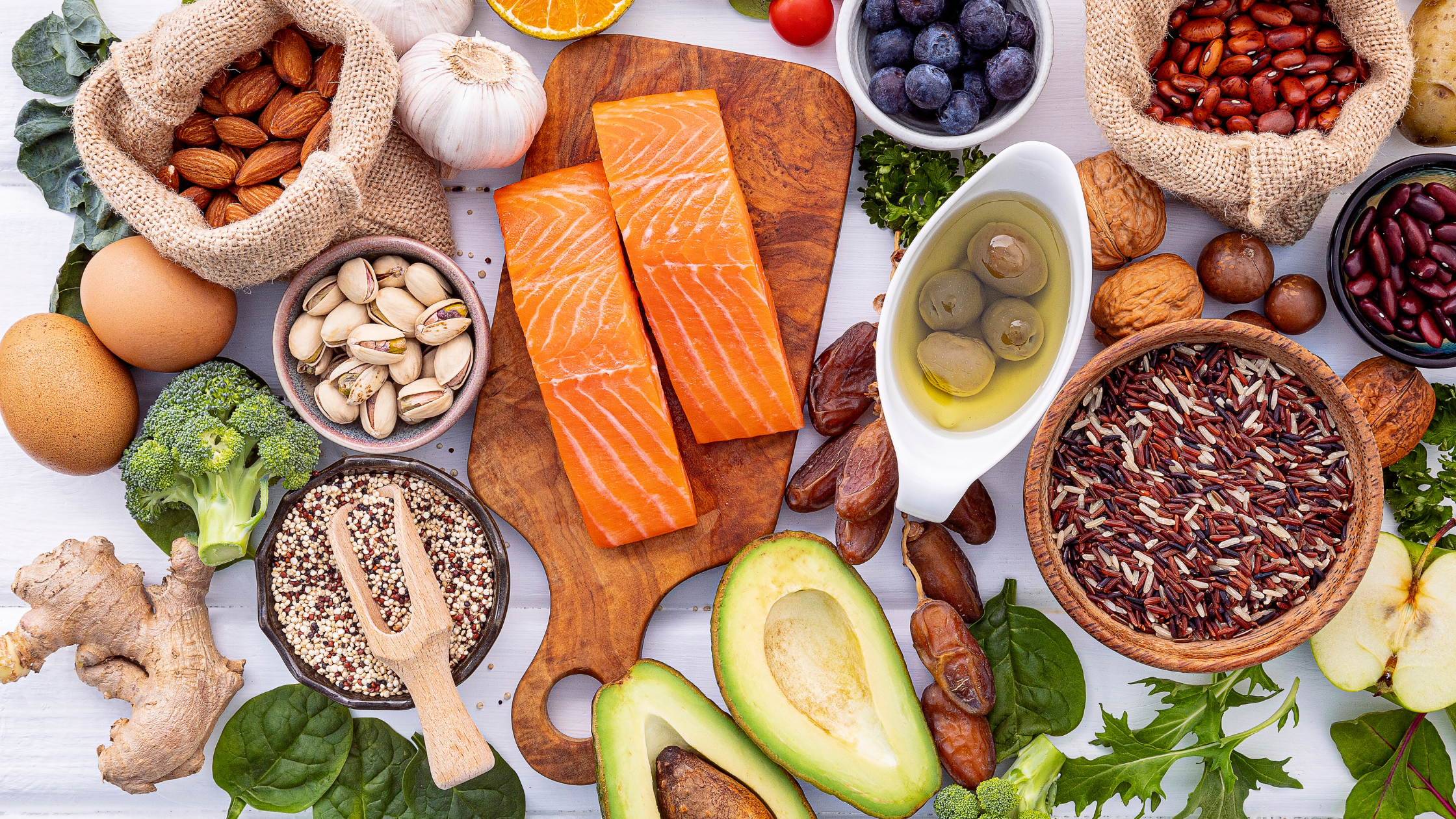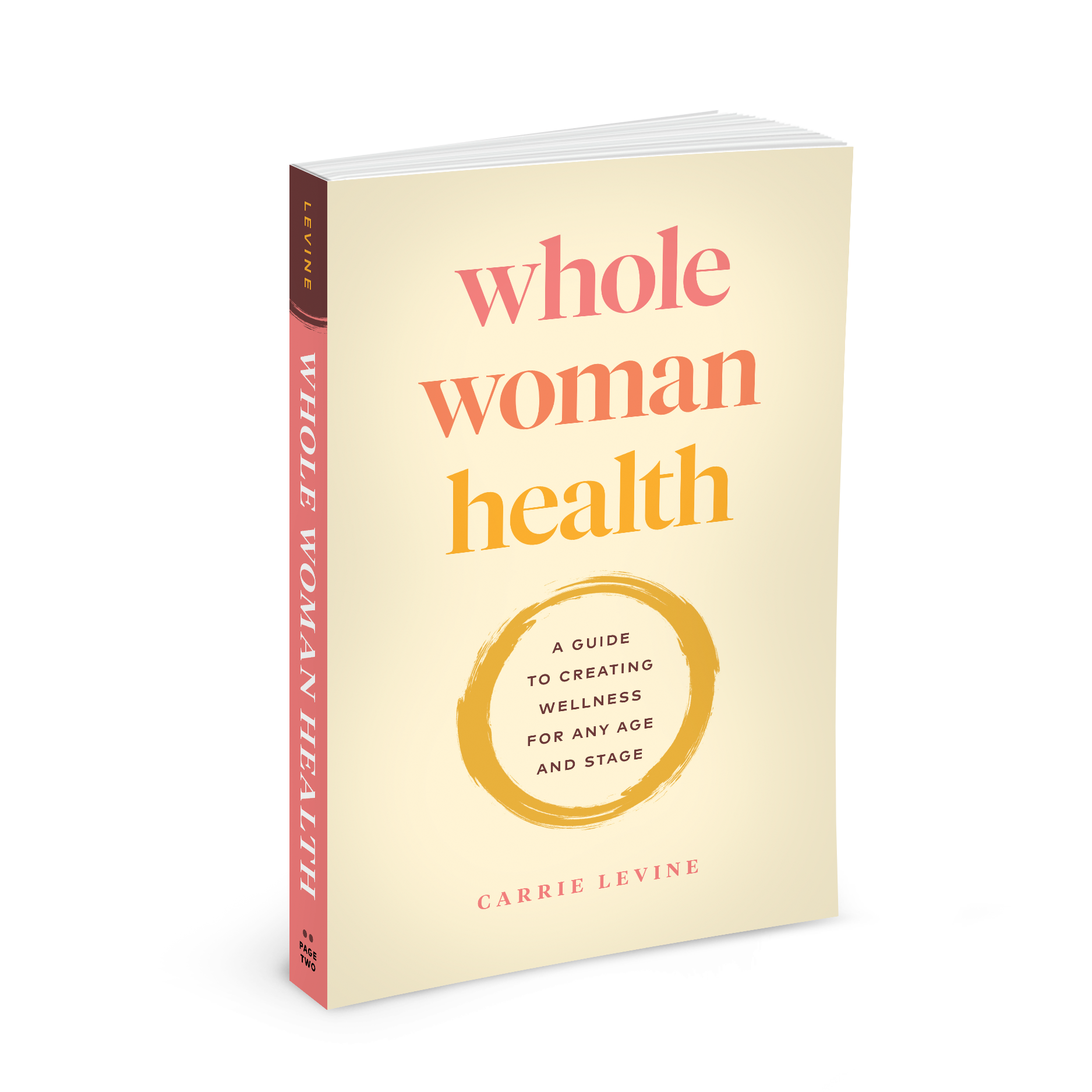4 Foods That Help Lower Cholesterol Naturally
Supporting Cholesterol Naturally (It is not always bad!)
When you hear the word cholesterol, you might immediately think “bad.” Cholesterol, in and of itself, is not necessarily bad. Cholesterol plays a critical role in the body—it is the biochemical precursor for our hormones and our brains require it to function properly.
Concern about cholesterol levels is more nuanced than whether or not levels are elevated. The nuance is in whether or not we are over-producers or over-absorbers of cholesterol and which sub-particles are elevated. For example, not all low density lipoprotiens are bad.
A coronary calcium score may be a more helpful tool in assessing cardiovascular risk. A coronary calcium score is a scan of the coronary arteries measuring plaque build up. This information determines the actual presence of an atherosclerotic process as opposed to risk for atherosclerosis from a conventional lipid panel.
When I describe coronary calcium scores to patients, I describe it as answering the question, "Houston, do we have a problem, or do we not?" As in, is there plaque or is there not? I've watched too many women stand on their heads, pat their tummies, and hurt themselves trying to reduce their cholesterol levels only to experience profound relief when they learn their coronary calcium score is zero.
How do we support the body in keeping cholesterol in balance? Below are a few foods that can support healthy cholesterol levels—while also nourishing your body in other meaningful ways.
🥚 Protein: The Foundation
Protein helps us feel full longer, which may naturally reduce snacking—especially on processed carbohydrates that can spike triglycerides. A diet rich in protein also provides nutrients that can boost HDL (the "good" cholesterol) and help lower LDL (the "bad" cholesterol) (although too high HDL is inflammatory and not all LDL is bad).
🌱 Seeds: Small but Mighty
Seeds like flax, chia, and hemp are rich in omega-3 fatty acids and fiber—two nutrients shown to reduce cholesterol levels. Sprinkle them into smoothies, oatmeal, or salads for an easy daily boost.
🍓 Fruit: Fiber Forward
Fruit is high in fiber, which binds to cholesterol in the digestive system and helps your body excrete it rather than absorb it into the bloodstream. But moderation matters. Because fruit is also a source of carbohydrates, too much can elevate triglycerides—especially if carbohydrate intake is high.
🐟 Fish: Omega-3 Power
Fatty fish like salmon, sardines, and mackerel are excellent sources of omega-3s. These healthy fats have been shown to reduce triglycerides and increase HDL, making them a powerful ally for heart health.
What This Means in Practice
Prioritizing whole foods rich in fiber and healthy fats
Considering advanced testing like a coronary calcium score to better assess cardiovascular risk
Understanding that low cholesterol isn’t always better—especially when it comes to hormone production and brain health
As always, food is one part of the picture. We also look at stress, sleep, genetics, movement, and more when working toward whole woman health.
As with all of the advice in my social posts, blog, etc., please consult with your healthcare provider before starting a new diet, fitness, supplement, or treatment regimen. This information is for educational purposes only and does not replace the advice of your healthcare provider.
Additional Resources
Check out my free guide on what to eat so you never have to diet again. Download it here.
Ready for a deeper dive?
My book Whole Woman Health allows you to tap into the medicine of "why" instead of the medicine of "what" with customizable, expert guidance. Experience the benefits of integrating science and intuition through a functional medicine approach to your health and well-being.




